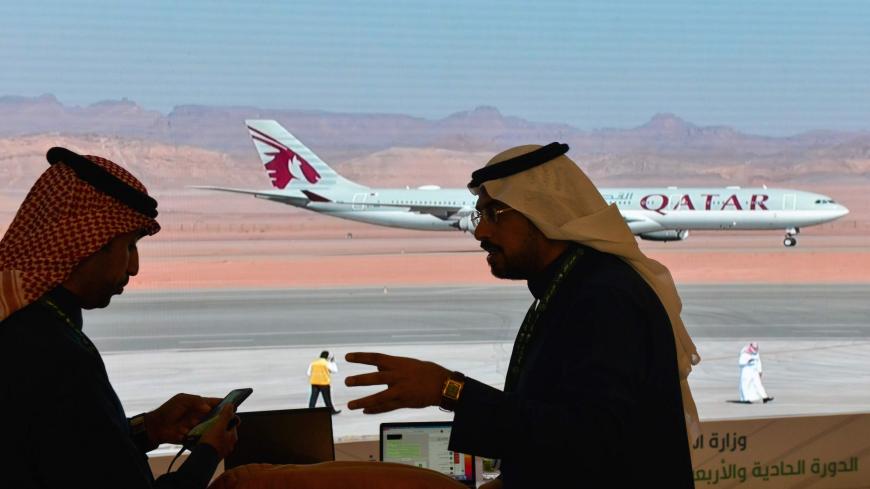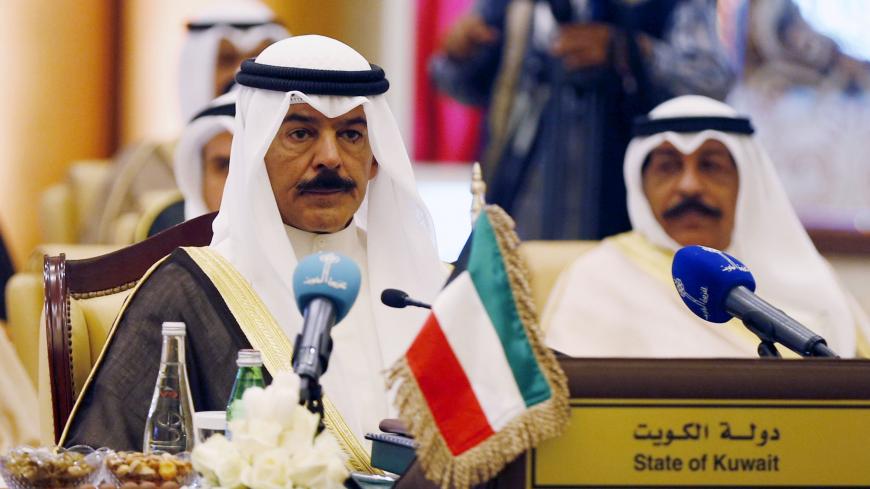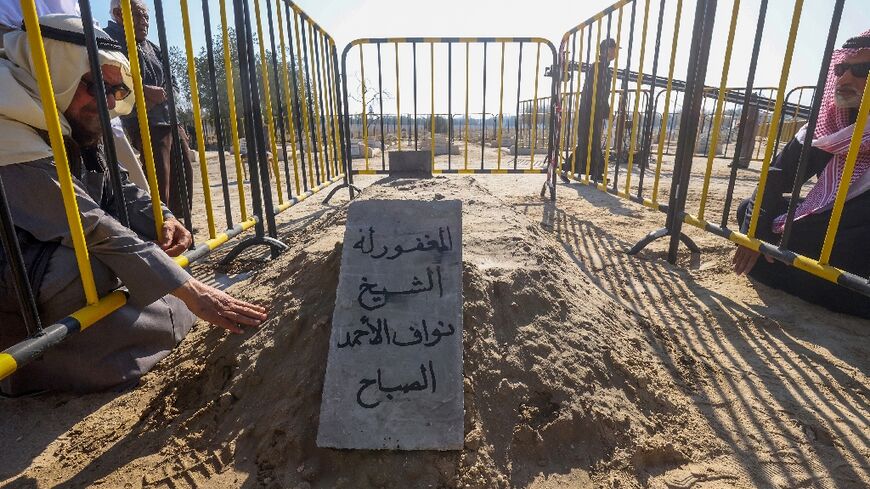

Why AL-Monitor?
AL-Monitor is an award-winning media outlet covering the Middle East, valued for its independence, diversity and analysis. It is read widely by US, international and Middle East decision makers at the highest levels, as well as by media, thought and business leaders and academia.
Read by









Live news & notifications

Premier analysis of the Middle East

Live events & video

Specialized Newsletters

Big, exclusive interviews

ALM archives since 2012

Subscribe for unlimited access
By becoming an Al-Monitor subscriber, you drive our team’s rigorous and independent journalism spanning the Middle East.
Continue






![CORRECTION - Jordan's King Abdullah II (R) and Qatar's Emir Sheikh Tamim bin Hamad al-Thani attend a welcome ceremony at the Queen Alia International Airport in Amman on March 28, 2017 ahead of talks on the eve of the Arab League summit. / AFP PHOTO / Khalil MAZRAAWI / The erroneous byline appearing in the metadata of this photo by Khalil MAZRAAWI has been modified in AFP systems in the following manner: [Khalil MAZRAAWI] instead of [Marwan IBRAHIM]. Please immediately remove the erroneous mention[s] from a](/sites/default/files/styles/article_header/public/almpics/2017/06/GettyImages-659113152.jpg/GettyImages-659113152.jpg?h=f7822858&itok=QsPNAqLU)
